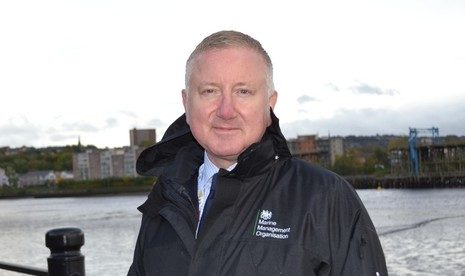- 100% First Year Allowance. New and unused electric or zero emission cars emission cars benefit from 100% capital allowances. This means that 100% of the cost of the car can be deducted in the first year.
- 18% of the car’s value (main rate allowances). This effectively means that 18% of the purchase price can be deducted from your profits each year before you pay tax.
- 6% of the car’s value (special rate allowances). This effectively means that 6% of the purchase price can be deducted from your profits each year before you pay tax.
Employer company car considerations: Streets Chartered Accountants
Smart Repairs supports mercy dashes to Ukraine
Leeds-based label manufacturer snapped up by packaging group
First-ever UK seafood pavilion takes exporters’ message into Europe
Council awards £1.5m contract for building decarbonisation
York business group meets to discuss economic challenges
Record number of CFOs expect significant operating cost rises
Inflation, skills shortages and cost of living crisis threaten business growth
Newly-relaunched scheme aims to protect future of UK’s seafood sector
“We have expanded the scheme until 2025, providing a welcome boost for coastal communities around the country. I urge all eligible organisations to apply.
Tom McCormack, Chief Executive Officer of the MMO, said: “The MMO wants our fishing and seafood sectors to continue to develop, adapt and ultimately succeed as we move forward into our new era as an independent coastal state.“We look forward to working with applicants from across England and supporting our fishing and seafood communities through the continuation of the already successful Fisheries and Seafood Scheme.”
Defra and the MMO will continue to work with industry to provide financial assistance through the FaSS to deliver sustainable growth in the catching, processing and aquaculture sectors, boosting coastal businesses and communities. In addition, FaSS will also deliver some funding through more flexible calls for projects, based on specific policies. For projects which last less than a year, the MMO recommends that applicants aim to complete their project within the same financial year as application. To ensure long-term support is delivered to the sector, the FaSS will now also support multi-annual projects which can be completed up until the end of February 2025.- Further detail on the Fisheries and Seafood Scheme can be found on the scheme webpage.
Government pledges £20m to enhance facilities for HGV drivers
“We are dedicated to improving the experience of everyone using our roads and remain committed to working closely with operators of roadside facilities to help improve the standard of parking and other amenities they provide on motorways and major A-roads. We are hopeful that the £20m being announced today will go some way towards achieving this goal.”












